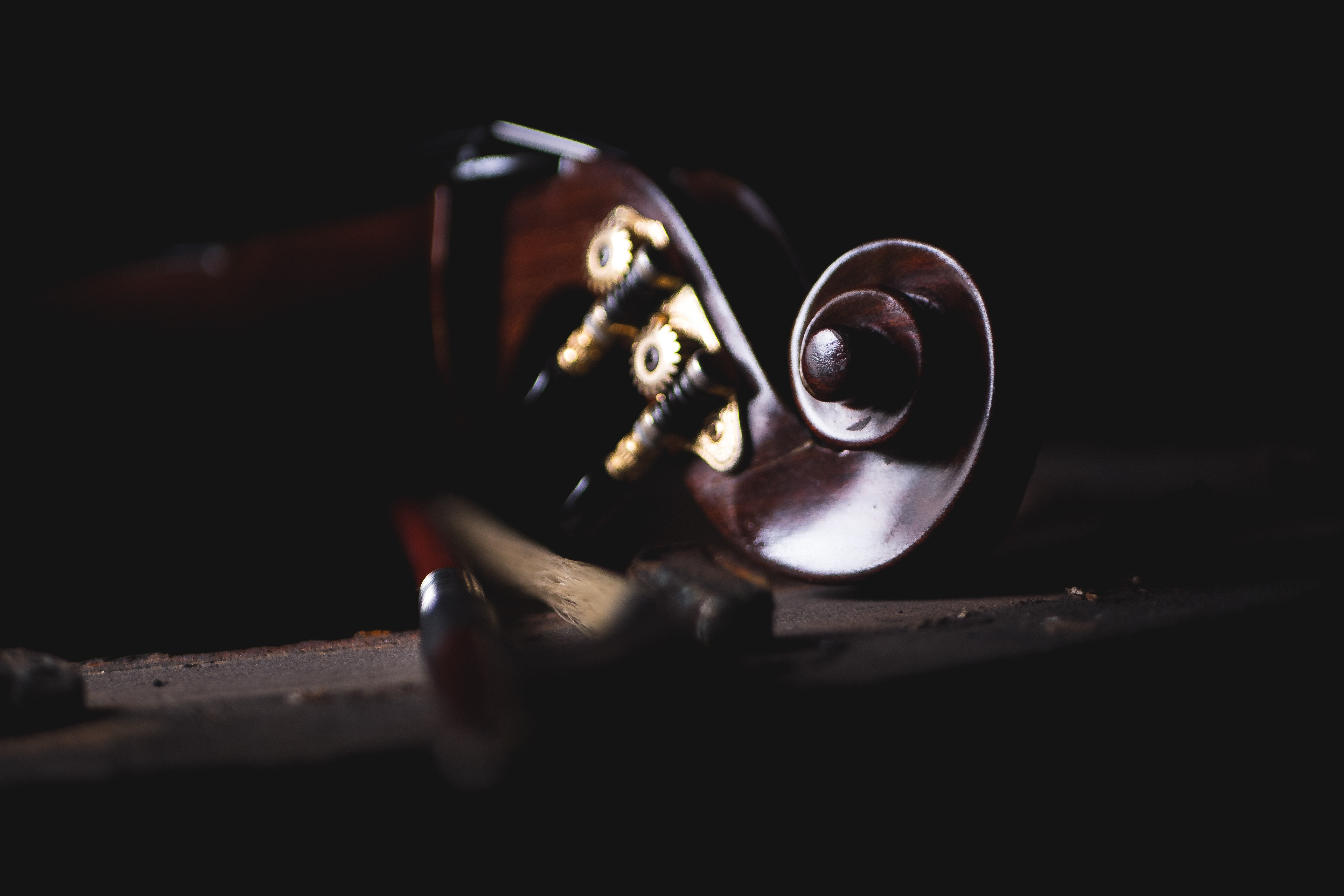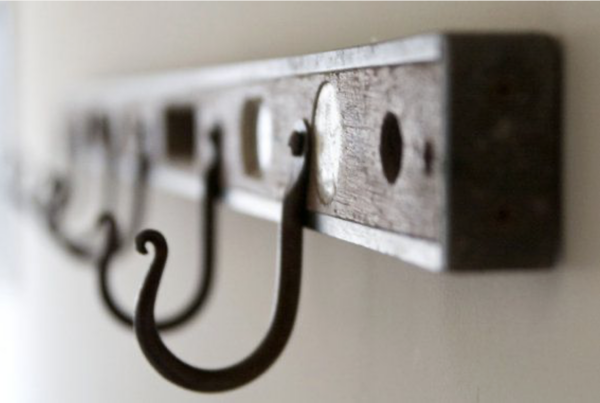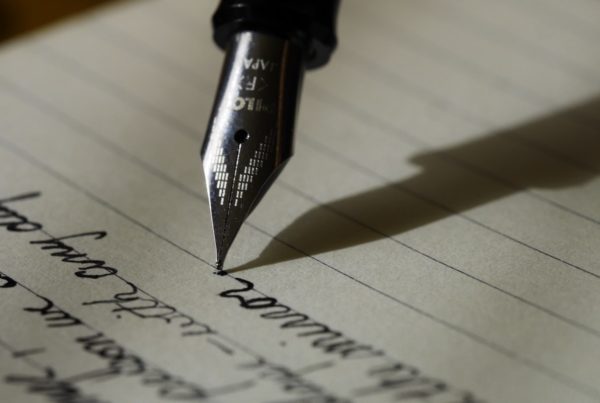To listen to an audio version of this post, click the player below or you can download an mp3 file here.
* * * * * *
You are the instrument
of your work.
A few months back, I began noticing more how what I do in my “non-working” time affects the quality of my work.
When I break a sweat in a dance class in the morning, I can write with a different kind of clarity and alertness in the afternoon.
If I take time to meditate, more ideas come to me in the hours that follow.
When I make space in my calendar to work through a fear (even one entirely unrelated to work), I end up with a renewed lightness and energy that leads to better coaching and teaching.
I started to get it:
I am the instrument of my work.
Whatever I do that tunes the instrument, impacts the work.
Now, before I continue, a little digression to explain some context here because “I am the instrument of my work” can sound like it’s all on my shoulders to do the work, and that’s not how I experience my work at all.
If I’m the instrument, I’m not the music. I’m also not the player of the instrument. So I say “I am the instrument” knowing the work itself comes from Life/CreativeForce, but my mind/heart/body/being is a kind of instrument that energy moves through, when I’m open to it and show up.
When I’m teaching, writing, speaking, coaching – that’s time when that instrument is being played. I want to have some concentrated periods of that every week. But every week I also need to take time – ample time – to tune the instrument, to change the person that the music is coming through.
I tune the instrument of me when I move my body, pray and meditate, process my life and my feelings, and also simply when I do the things that bring me joy. Some of the tuning is about releasing what I need to release. Some is about absorbing new ideas. Some is about steeping in joy, about upliftment.
Yes, this is all self-care, but it is not only self-care.
It is also the responsible preparation needed to do good work.
If you do artistic work of any kind – painting or designing or performing, let’s say – it’s probably easy to see how you as the creator/artist are literally the instrument of your work. The state of your mind, heart, and body will shape the work.
But if you do knowledge work or creative work of any kind – consulting or research or lawyering or investing, for example – this is also true for you: you are also the instrument of your work. You are literally the material that work is being drawn from, and the energetic quality of that material, its health and vibrancy, determines what kind of work gets produced.
If you do caregiving work, you are also the instrument of your work. The fabric of your being determines the kind of care you give.
Even if you wouldn’t define your work in any of these ways, you are engaged in the larger creative project of designing a life, so you too are the instrument of a major creative work, and you too need to tune the instrument that is you if you want that work to unfold in some particular way.
For all of us, the things we do (or don’t do), the things we fill our lives and days with, the things we practice, dramatically change the fabric of us and that changes the work we produce.
We are living in a time when ideas about industrial labor, such as the idea that work time and productivity are linearly correlated, get applied in roles and types of work where they absolutely don’t hold true.
Not convinced? Consider research findings like these:
One study found that five-person teams that meditated solved group problems faster and with fewer interactions (so literally, more efficiently) than the control group.* Another study found that listening to music – for a mere five minutes – improved problem solving ability, while others have found it increases productivity and creativity, even in tasks like software development.** Numerous studies have shown that physical exercise not only improves creativity and alertness in the short-term, but that regular exercise actually grows the regions of the brain associated with memory and cognition.***
If we really grasped the importance of our state of being to the work that we do, and the plasticity of that state of being, I think we would structure our work days and weeks very differently. I predict that if we spent let’s say, 50% of our work hours “tuning the instrument,” and 50% of it doing the explicit tasks involved in our work, we’d be shocked by the productivity gains. And, I mean real productivity gains – the meaningful traction toward our big goals that comes from insight and flow, not the false productivity of ticking things off the to-do list.
Now, I get it… most of us can’t suddenly take 20 hours a week to tune the instrument. But we can all think creatively about what we really need to be doing in our jobs – and what doesn’t need doing – and carve out a little more time for tuning the instrument that is us. If you work independently, you have more freedom to invest time in tuning the instrument of you, but you still may have to go up against a lot of your deeply held beliefs to do so – beliefs about what’s “real” work-time, about striving, about indulging your own joy, pleasure, and personal development. If you work for an organization, you may be challenging your own beliefs but also navigating around an organizational culture that sees formal work-time as far more valuable than time spent changing the state and capacity of people to do the work.
In the context of our conversation here about women’s voices, this idea of tuning the instrument has more layers of significance. How do we as women need to tune the instrument of ourselves so that we can contribute to a collective re-imagining of our society, away from patriarchy and toward something else? How do we need to tune the instrument of ourselves so we can stay closer to the voice of wisdom inside of us than to the chatter of a dysfunctional culture?
Can you imagine what our world we be if we allowed ourselves to even imagine an economy built of people – both women and men – who were given time and resources to tune their instrument, and then produce from their rested, nourished, inspired selves?
We can make anything with these instruments of minds, hearts and bodies we’ve been given. But we can also become anything, monsters or givers of grace and everything in between. What we absorb, what we practice, shapes what we become.
With love,
Tara
Citations
* http://journals.sagepub.com/doi/abs/10.1177/002188637901500407
** http://journals.sagepub.com/doi/abs/10.1177/0305735605050650







